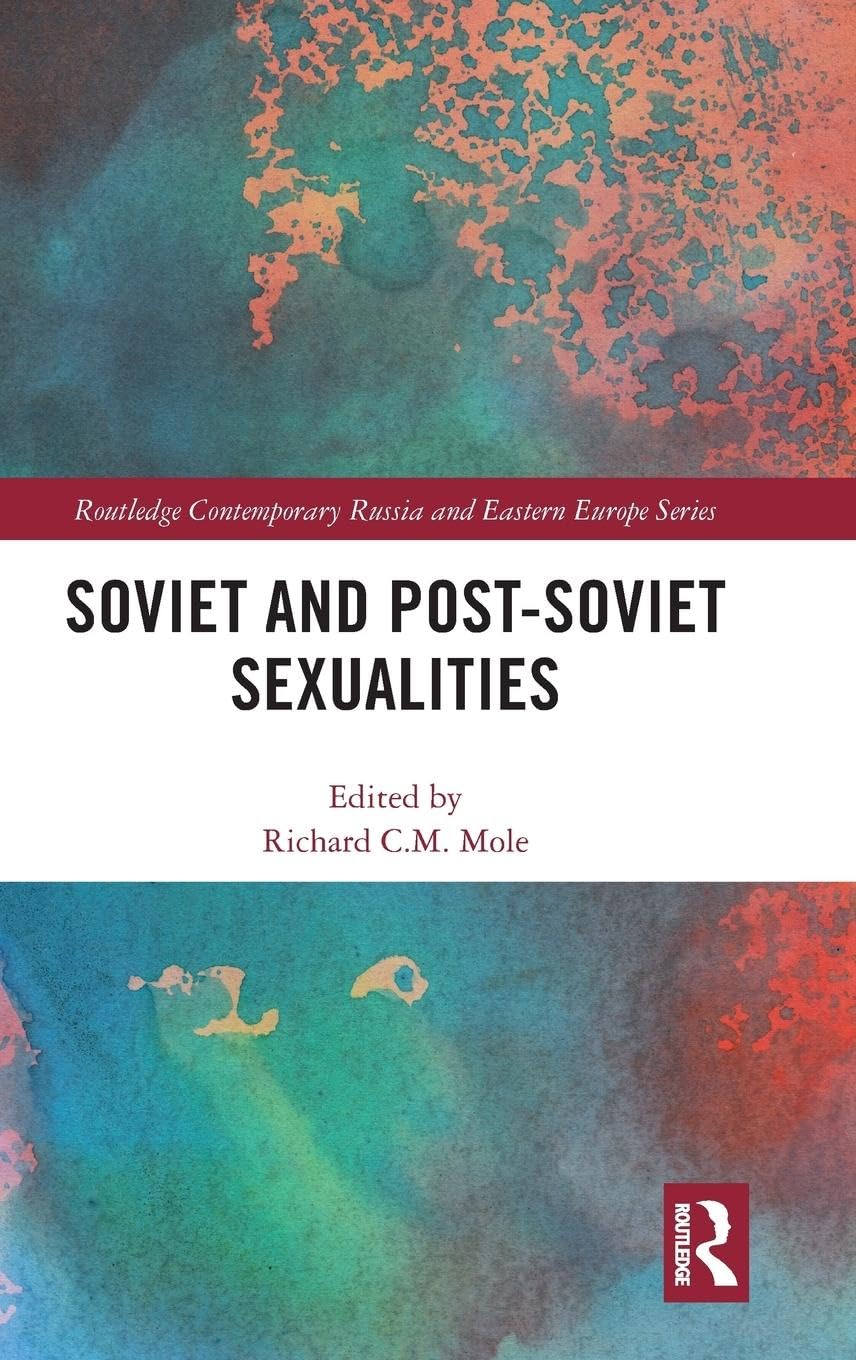Soviet and Post-Soviet Sexualities (Routledge Contemporary Russia and Eastern Europe Series)
Soviet and Post-Soviet Sexualities (Routledge Contemporary Russia and Eastern Europe Series) is backordered and will ship as soon as it is back in stock.
Couldn't load pickup availability
Genuine Products Guarantee
Genuine Products Guarantee
We guarantee 100% genuine products, and if proven otherwise, we will compensate you with 10 times the product's cost.
Delivery and Shipping
Delivery and Shipping
Products are generally ready for dispatch within 1 day and typically reach you in 3 to 5 days.
Book Details
-
Author: Richard C.M. Mole
-
Publisher: Routledge
-
Language: English
-
Edition: 1
-
ISBN: 9781138654709
-
Number of Pages: 212
-
Cover: Hardcover
-
Dimensions: 10.1 x 6.9 x 1.1 inches
-
Weight: Not specified
About the Book
This book provides an in-depth exploration of the evolving attitudes towards lesbian, gay, bisexual, and transgender (LGBT) people in contemporary Russia and the broader post-Soviet space. Despite being one of the first major powers to decriminalize homosexual acts between men, Soviet Russia’s attitudes towards LGBT individuals have drastically shifted. In recent years, these attitudes have become increasingly hostile, exemplified by the introduction of laws restricting LGBT rights and a disturbing rise in homophobic violence.
LGBT in Post-Soviet Russia examines how these contemporary conditions have arisen by looking at the ways in which meanings surrounding non-heteronormative sexualities have been constructed by political elites. The book analyzes how these meanings have been shaped by Marxist-Leninist and nationalist ideologies, and how these constructions have influenced societal attitudes toward LGBT people.
The book offers a comprehensive historical perspective, tracing the development of attitudes toward non-normative sexualities in the region, and assesses the current situation in Russia, Transcaucasia, Central Asia, and the Baltic States. In addition to detailing these societal shifts, Mole also explores how LGBT individuals and groups are responding to the prevailing climate of discrimination and hostility.
This important and highly detailed study sheds light on a largely underexplored subject, making it an invaluable resource for scholars and readers interested in LGBT history, politics, and human rights in the post-Soviet context.





